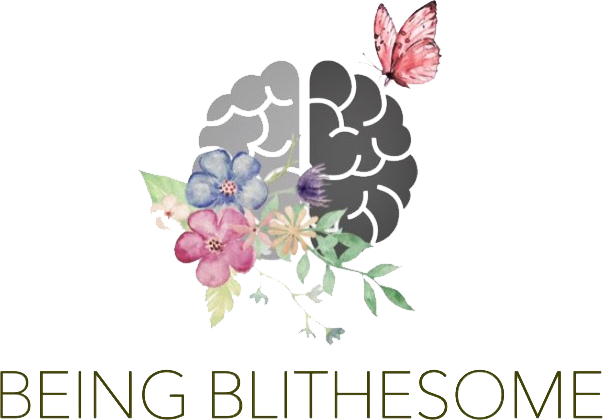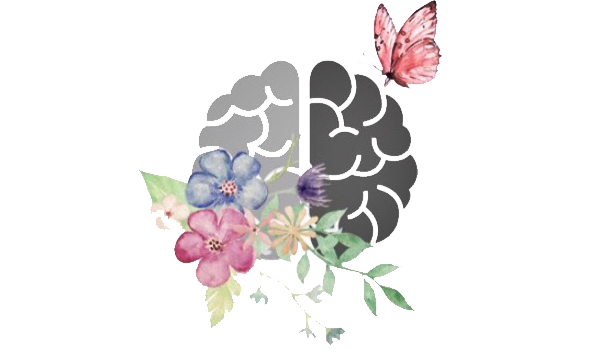The chances are that you’ve heard of Cognitive Behavioral Therapy (CBT) in one way or another. CBT is a short-term, evidence-based therapy that has been around (in its earliest form) since the 1950s with a focus on helping people challenge and change destructive thought and behavioral patterns.
Acceptance and Commitment Therapy (ACT – pronounced as the word ‘act’ rather than the letters) might be less familiar to you – for no other reason than it simply hasn’t been around for so long. ACT is considered a “third wave” therapy – therapies that move beyond the more traditional cognitive therapies and add other skills into the mix (e.g. mindfulness, visualization, personal values etc.)
CBT and ACT are both behavior-based therapies, but they differ primarily in the view they take around thoughts. Whereas CBT works by helping you identify and change negative or destructive thoughts, ACT holds that pain and discomfort are a fact of life – something we must get comfortable with if we wish to live a happy, fulfilled life. For this reason, ACT encourages you to accept all thoughts rather than trying to change them – both the good and the bad.
In order to get a better understanding of how this looks in therapy, we’re going to dig a bit deeper into both approaches and what sets them apart.
What is ACT therapy?
“The only way out is through” – Robert Frost
Imagine what it would feel like to simply accept life as it is – the good and the bad – rather than fight against it? That’s exactly what this type of therapy is all about.
At its core, ACT is a mindfulness-based therapy with the primary goal of increasing psychological flexibility and helping you build a life that fits in line with your values, and feels authentically you.
Using acceptance, commitment, mindfulness skills and behavior-change strategies, ACT’s focus is to help you accept the realities of life and to accept thoughts for what they are – just thoughts.
This type of therapy is particularly helpful if you have a tendency to shy away from or avoid life’s problems. That’s because it encourages you to commit to working with your issues head-on and move closer to difficult feelings, rather than trying to stuff them away.
What does this look like in practice?
ACT teaches you how to become more inquisitive of your thoughts, and also techniques for how to diffuse them.
Different techniques for this might include:
Saying a difficult thought aloud over and over until its meaning vanishes and only the sound remains.
Learning to recognize a thought for what it is. e.g. changing “No one likes me” to “I’m having the thought that…”
Teaching you how to develop a relationship with the things you struggle with rather than fight against them – like depression, for example.
Another important aspect of ACT is the commitment to take action and bring positive changes into your life. ACT therapy will help you get clear on the things that are important to you, and create a plan that fits in line with your values – and ultimately brings more meaning and purpose into your life.
What is CBT therapy?
“Men are disturbed not by things, but by the view which they take of them” – Epictetus
CBT is a short-term therapy (ACT can be delivered both short-term and long-term) that centers on the idea that it’s not life’s events themselves that cause us problems, but rather the way in which we interpret them. In other words, the way in which we think about the world impacts our behavior – and ultimately how we feel.
One example might be: if you’re always anticipating the worst (rather than focusing on the positive) then you’re going to end up being very cautious in life. This kind of thinking is limiting because it’s likely to hold you back from reaching your goals. In turn, this is probably going to leave you feeling sad and unfulfilled.
Thoughts that seemingly start off as innocent can easily become ingrained, distorting our perspective of the world.
CBT aims to identify these distortions and replace them with more positive and rational ways of thinking. And once thoughts change, behavior and feelings usually follow suit.
Due to the nature of this style of therapy, you will be expected to take an active role throughout your sessions e.g. homework, learning and practicing skills etc. This might also include tracking changes in mood as a way of helping you identify problematic thought and behavioral patterns.
Goal-orientated in its approach, you will leave your initial assessment with a set plan and a clear understanding of how many sessions it’s going to take you to achieve your goals
(anywhere between 6 – 20 sessions). In a nutshell
Both ACT and CBT are powerful, evidence-based therapies that can bring about big life-changes. Ultimately, it comes down to finding an approach that most resonates with you.
To find out more about ACT and CBT or to get matched to a different style of therapy, speak to us today.


